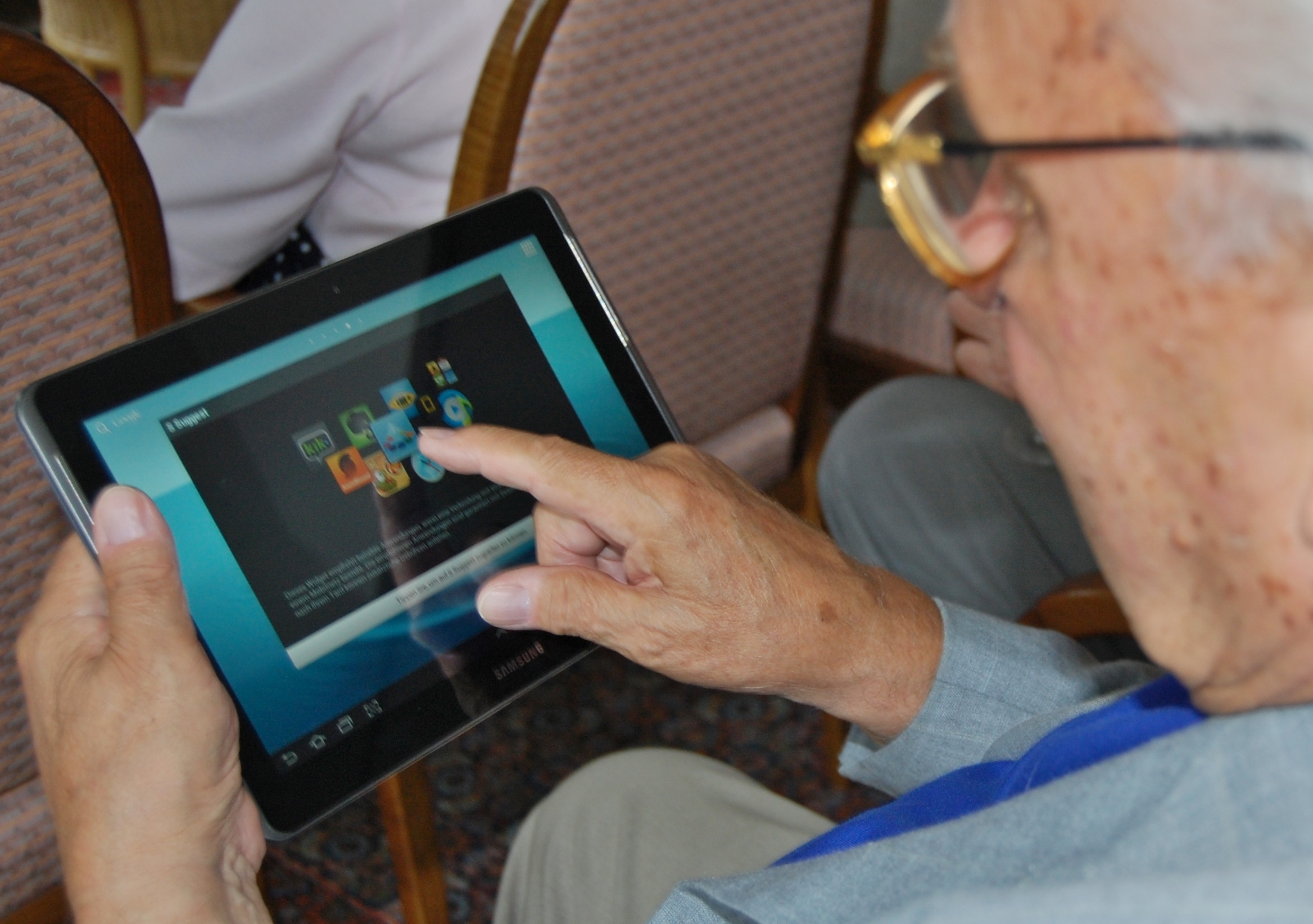A few summers ago, I was babysitting my little cousin. My aunt had told me that she could watch some TV in the afternoon, so when we returned from the playground, I gave my cousin the remote control. I expected her to turn on Disney Channel or Nickelodeon, but that just goes to show how little I knew about what kids watch these days. Instead, she turned to YouTube, swiftly searched for the desired video, and let it play. This was my introduction to “surprise egg” videos. I must say that the video did not make a good first impression: listening to some faceless women describing with painful enthusiasm the process of unwrapping a kinder egg, and watching the whole thing play out on screen was hardly of any interest to me. But my cousin sat there completely mesmerised. This wasn’t really surprising considering she had chosen this video, but what was strange was her blank expression as she watched it. The way she looked reminded me of how my face must look as I mindlessly scroll through Instagram. I desperately tried to persuade her to turn on cartoons like Dora the Explorer or Peppa Pig, but she had absolutely no interest. She was completely captivated with the video in front of her.
At the time, these “surprise egg” videos which my cousin insisted on playing for a whole hour annoyed me simply because of how mind numbingly boring they were. They treated my cousin, and any other viewer for that matter, like a vegetable. Moreover, there was a complete lack of engagement and they failed to inspire creativity. But now that some time has past, I realise there’s something else about them that didn’t sit right with me. Sure, on the face of it, the videos were relatively harmless with no violence or inappropriate behaviour. However, the “surprise egg” videos feel exploitative. With millions of subscribers, channels (like the one which made the video above), can make a small fortune through monetisation. Maybe this is no different to networks like Disney Channel, but the fact that we don’t know the person behind the screen nor do we really know who controls the content they put out, feels wrong.
So why do kids love these videos? Well according to Psychology Today, the reason has to do with the how the videos stimulate a child’s senses.
Kevin Bennett, Psychology Today
With this in mind, one can start to see how a young child could become addicted to these videos.
It is impossible for me not to compare my cousin’s relationship with YouTube videos to my own childhood experience. I have vivid (and happy) memories of watching Barney & Friends, Dora the Explorer, and Sesame Street. These videos could at times be educational, but I mainly remember how colourful they were, and I associate them with childhood innocence. I can’t help but wonder whether my cousin will look back on “surprise egg” videos with the same fondness. Perhaps she will and I’m just being a snob. Maybe at this point in my life it’s easy to reflect on videos I watched as a child and attach a kind of purity to them. And maybe it’s easy to judge the next generation’s relationship with technology. Nonetheless, I’m concerned about YouTube Kids, and I believe more should be done to protect children who interact everyday with the internet.
Footnotes



This blog made me think about how the ‘unwrap and reveal’ type of content is very popular among the older age group as well. CS GO skin openings and unboxings gather a great amount of audience among teenagers. I wonder if this is the same psychological mechanism that’s responsible for that.